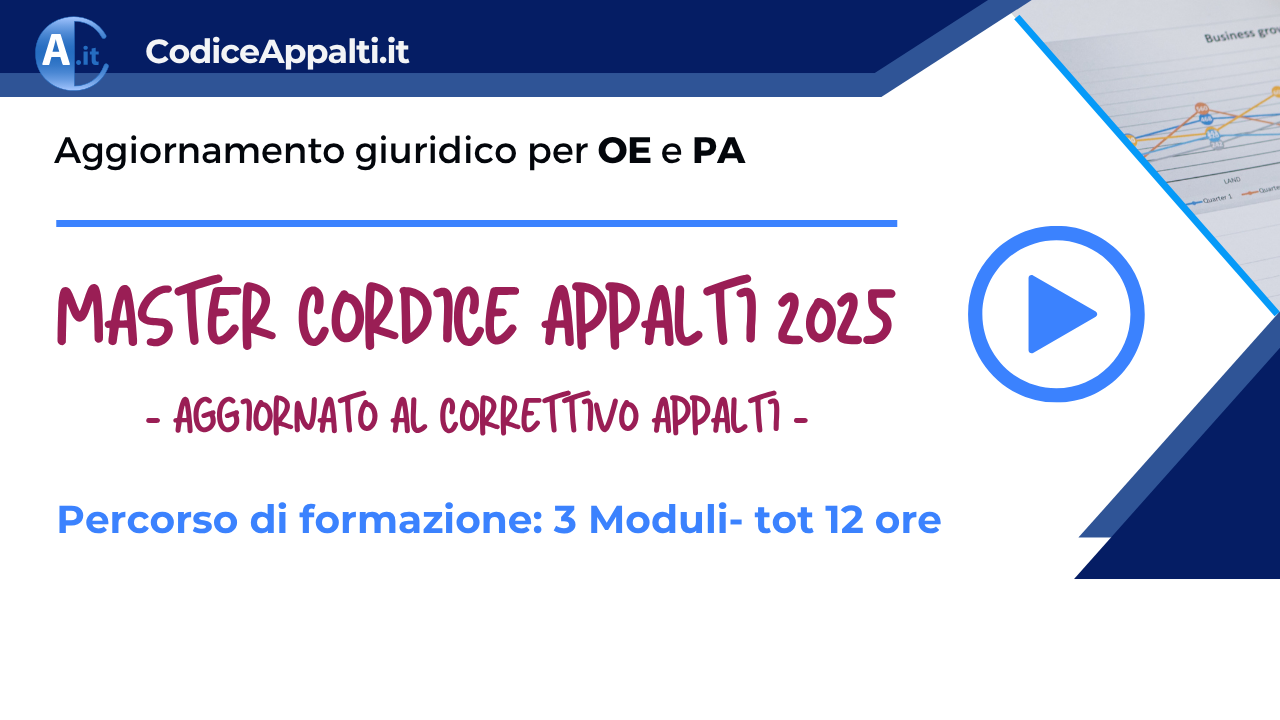Article 62. Aggregations and centralization of commissions.
1. All contracting authorities, without prejudice to the obligations to use purchasing and negotiation tools envisaged by current provisions on cost containment, may proceed directly and autonomously with the acquisition of supplies and services for amounts not exceeding the established thresholds for direct assignments, and to the assignment of works for an amount equal to or less than 500,000 euros, as well as through the placing of orders using purchasing instruments made available by qualified purchasing centers and aggregators. 2. To carry out procedures involving amounts exceeding the thresholds indicated in paragraph 1, the contracting authorities must be qualified pursuant to Article 63 and Annex II.4. For the procedures referred to in the first period, ANAC does not issue the tender identification code (CIG) to non-qualified contracting authorities. 3. The annex referred to in paragraph 2 indicates the requirements necessary to obtain qualification and regulates the rewarding requirements. Upon first application of the code, Annex II.4 is repealed from the date of entry into force of a corresponding regulation adopted pursuant to Article 17, paragraph 3, of Law no. of 23 August 1988. 400, by decree of the President of the Council of Ministers, on the proposal of the Minister of Infrastructure and Transport after hearing the ANAC, subject to agreement within the Unified Conference, which replaces it entirely also as an annex to the code. 4. The annex referred to in paragraph 2 may be integrated with the regulation of further organizational measures for the effective implementation of this article, of article 63 and of the related sanctioning regime, as well as for the coordination, within the ANAC, of the aggregating entities. 5. Qualified contracting authorities, without prejudice to the provisions of paragraph 1 of this article and paragraph 8 of article 63, may: a) carry out, depending on the qualification levels possessed, tenders for amounts higher than the thresholds indicated in the paragraph 1 of this article; b) acquire works, services and supplies using a qualified central purchasing body; c) carry out auxiliary purchasing activities pursuant to paragraph 11; d) proceed through joint procurement pursuant to paragraph 14; e) proceed through autonomous use of the electronic trading tools made available according to the legislation in force by the qualified purchasing bodies; f) proceed to place orders on purchase made available by purchasing centers even for amounts exceeding the qualification levels possessed, with preliminary preference for the regional territory of reference. If the good or service is not available or suitable for satisfying the specific needs of the contracting station, or for reasons of economic convenience, the contracting station may act, subject to justification, without territorial limits; g) execute the contracts on behalf of the stations contracting entities not qualified in the cases referred to in paragraph 6, letter g). 6. Contracting authorities not qualified pursuant to paragraph 2 of article 63, without prejudice to the provisions of paragraph 1 of this article: a) proceed with the acquisition of supplies, services and works using a qualified central purchasing body; b) resort to qualified purchasing centrals and to qualified contracting stations; c) proceed with assignments for services and supplies of an amount lower than the European threshold referred to in paragraphs 1 and 2 of article 14 as well as with assignments of ordinary maintenance works of an amount lower than 1 million euros through use autonomously of the electronic trading tools made available by the qualified purchasing centers in accordance with current legislation; d) place orders on purchasing tools made available by the qualified purchasing centers and aggregating entities, with preliminary preference for the regional territory of reference . If the good or service is not available or suitable for satisfying the specific needs of the contracting authority, or for reasons of economic convenience, the contracting authority may act, subject to justification, without territorial limits; e) execute the contracts for which they are qualified for execution; f) execute the contracts entrusted pursuant to letters b) and c); g) if they are not qualified for execution, they resort to a qualified contracting authority, a qualified central purchasing body or aggregator entities ; in this case they can arrange for the appointment of a support person for the RUP of the contracting central purchasing body. 7. The central purchasing bodies are indicated in the specific section referred to in article 63, paragraph 1. In relation to the qualification requirements possessed, they: a) design, award and stipulate contracts or framework agreements on behalf of non-qualified contracting authorities; b) design, award and stipulate contracts or framework agreements on behalf of qualified contracting authorities; c) design, award and stipulate agreements and framework agreements to which qualified and non-qualified contracting stations can join for the award of their own specific contracts; d) establish and manage dynamic purchasing systems and electronic trading markets; e) execute contracts on behalf of non-qualified contracting stations in hypotheses referred to in paragraph 6, letter g). 8. Annex II.4 can be integrated with specific regulations on the functioning and reference areas of central purchasing bodies, in application of the principles of subsidiarity, differentiation and adequacy. 9. The use of the qualified contracting authority or the qualified purchasing body is formalized through an agreement pursuant to article 30 of the consolidated law on the organization of local authorities, referred to in legislative decree 18 August 2000, n. 267, or pursuant to article 15 of law 7 August 1990, n. 241, or through another method regulating the relationships depending on the legal nature of the central purchasing body. Without prejudice to the obligations for the administrations required to use the purchasing and trading tools made available by the aggregating entities, the qualified contracting authorities and the qualified purchasing centers may activate agreements to which the remaining administrations referred to in Article 1 of the legislative decree 30 March 2001, n. 165, regardless of the territorial scope of location of the contracting station or qualified purchasing body. 10. Non-qualified contracting stations consult the list of qualified contracting stations and qualified purchasing units on the ANAC institutional website. The request to carry out the tender procedure, addressed by the non-qualified contracting authority to a qualified contracting authority or to a qualified purchasing body, is considered accepted if it does not receive a negative response within ten days of its receipt. In the event of a negative response, the unqualified contracting station contacts ANAC, which within fifteen days automatically assigns the request to a qualified contracting station or to a qualified purchasing body, identified on the basis of the qualification bands of referred to in article 63, paragraph 2. Any failure to comply with the official assignment referred to in the third sentence may be sanctioned pursuant to article 63, paragraph 11, second sentence. 11. The qualified purchasing centers and the stations contractors qualified for the levels referred to in article 63, paragraph 2, letters b) and c) may carry out, in relation to the qualification requirements possessed, auxiliary purchasing activities in favor of other central purchasing bodies or for one or more contracting stations without territorial constraint in the manner referred to in paragraph 9, first sentence. The provisions of article 9 of the legislative decree of 24 April 2014, n. 66 converted, with amendments, by law 23 June 2014, n. 89. Outside of the cases referred to in the first sentence, the contracting authorities may use, for auxiliary purchasing activities, with the exception of the activities referred to in Article 3, paragraph 1, letter z), point 4, of the annex I.1, to service providers identified through the procedures referred to in the code. 12. The contracting authority, as part of the commissioning procedures, is responsible for compliance with the code for the activities directly attributable to it, such as: a ) the awarding of a contract within the framework of a dynamic purchasing system managed by a central purchasing body; b) the carrying out of the reopening of the competitive comparison within the framework of a framework agreement concluded by a central purchasing body; c) to pursuant to article 59, paragraph 4, letters a) and c), the determination of which of the economic operators party to the framework agreement will carry out a specific task within the framework of a framework agreement concluded by a central purchasing body. 13. Central purchasing bodies and contracting stations that carry out purchasing activities, including auxiliary ones, are directly responsible for the centralization of purchasing activities carried out on behalf of other contracting stations or granting bodies. They appoint a RUP, who takes care of the necessary connections with the contracting station benefiting from the intervention, which in turn appoints a person responsible for the procedure for the activities pertaining to it. 14. Two or more contracting stations can decide to carry out jointly, pursuant to article 15 of law 7 August 1990, n. 241, one or more phases of the procedure for the assignment or execution of a contract or a framework agreement for works, services and supplies, provided that at least one of them is qualified to carry out the phases themselves in relation to the value of the contract. The contracting authorities are jointly responsible for fulfilling the obligations deriving from the code. They appoint a single RUP in common among themselves headed by the delegated contracting authority. The provisions of Article 15 apply. If the award procedure is carried out jointly only in part, the contracting authorities concerned are jointly responsible only for that part. Each contracting authority is responsible for fulfilling the obligations deriving from the code solely with regard to the parts carried out by it in its own name and on its own account. 15. Without prejudice to the obligations to use the purchasing and negotiation tools provided for by current provisions in terms of cost containment, in identifying the contracting station or qualified central purchasing body, even if located in another member state of the European Union, the contracting stations proceed on the basis of the principle of good performance of the administrative action, giving adequate justification. 16. Contracting authorities may use a central purchasing body located in another Member State of the European Union for the centralization of purchasing activities carried out in the form of centralized acquisition of supplies or services to contracting authorities or in the form of awarding contracts or conclusion of framework agreements for works, supplies or services intended for contracting authorities. The provision of centralized purchasing activities by a central purchasing body located in another Member State shall be carried out in accordance with the national provisions of the Member State in which the central purchasing body is located. 17. From the application of this Article and the article 63, public companies and private entities holding special or exclusive rights are excluded when they carry out one of the activities envisaged by articles 146 to 152. With amendments and additions to Annex II.4 the qualification criteria for bodies and subjects referred to in the first period and the registration rules in the ANAC list, as well as the operating rules and reference areas of the relevant purchasing centers. 18. The planning, awarding and execution of partnership contracts public-private can be carried out by subjects qualified for the levels referred to in article 63, paragraph 2, letters b) and c). EFFECTIVE FROM: 1 July 2023Relazione
REPORT
Articles 62 and 63, "replacing" articles 37, 38 and 39 of legislative decree no. 50 of 2016, focus on the figure of contracting stations, with an indication of the activities that similar enti...
Commento
NEW
• New thresholds are foreseen for independent assignments. SAs can proceed directly and autonomously with the acquisition of supplies, services and works for amounts lower than the thresholds est...
Condividi questo contenuto:






